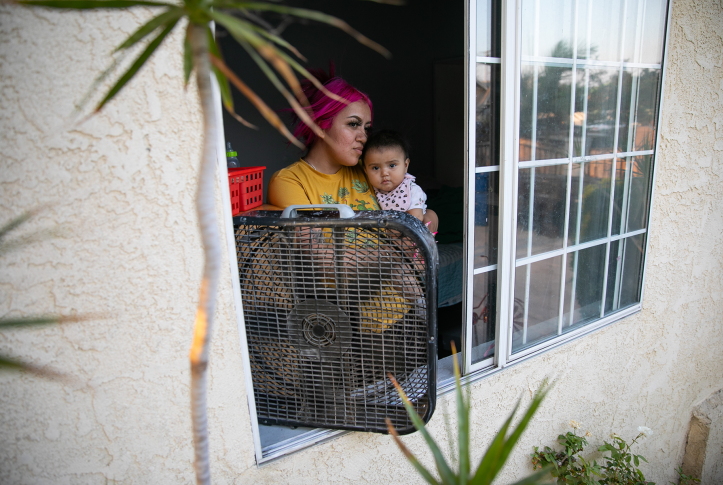The physical health impacts of climate change are everywhere: extreme temperatures lead to heat stroke and death, floods spread waterborne disease, and air pollution from wildfires leads to respiratory and cardiovascular illness. But evidence is emerging that climate change can also affect our mental health, putting further pressure on a behavioral health services sector already in crisis.
How does climate change impact mental health?
Living through an extreme weather event such as a hurricane, wildfire, flood, or drought can be traumatizing. The destruction, loss, and displacement people experience can sometimes lead to an array of mental health problems, from anxiety and feelings of helplessness to depression, post-traumatic stress disorder (PTSD), and suicidal thoughts.
People at the epicenter of these events suffer the greatest effects. Sixty-seven percent of individuals with direct exposure to the California Camp Fire of 2018 said they experienced trauma similar to PTSD, compared with 14 percent of those indirectly exposed. These effects can last for years, as reported by those who lived through Hurricane Katrina.
Climate change is also having an impact on the mental health of people who haven’t personally experienced climate-related disasters: more than two-thirds of U.S. adults (68%) have reported having at least some anxiety about climate change.
As climate change continues to drive more extreme temperatures and worsening air pollution, the impact on mental health will likely continue to grow. Rising ambient temperatures have already been found to increase rates of mental health–related emergency department visits. Violent incidents and suicide attempts also climb as temperatures rise. Similarly, long-term exposure to air pollution has been associated with elevated anxiety levels and even an increase in suicides.
Climate change also can raise stress and anxiety levels for people robbed of their economic livelihoods — as when farmers can no longer grow their crops because shifting weather patterns have led to frequent drought or flooding. Extreme weather events can also destroy businesses, severely hamper economic activity, and lead to both short- and long-term financial challenges.

